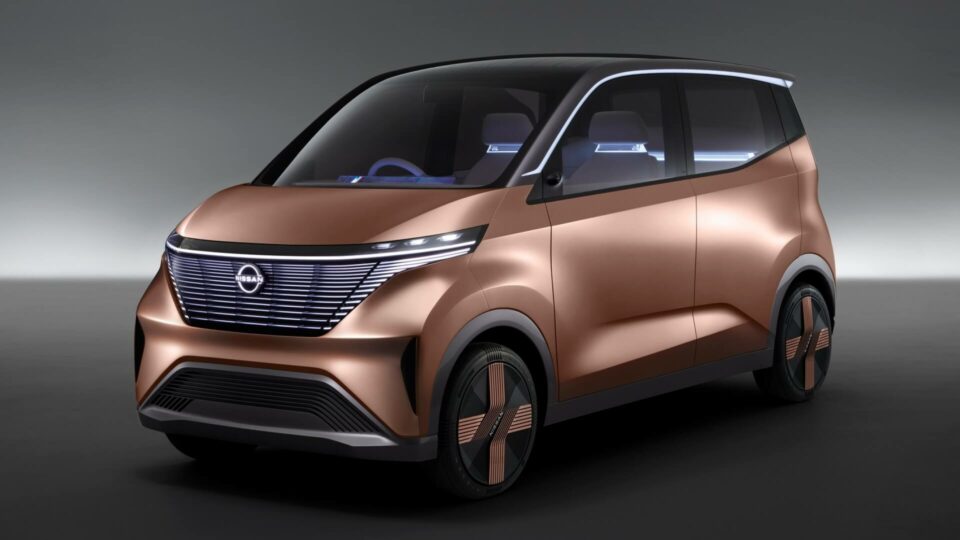Nissan was one of the earliest names in electric vehicles, and its LEAF line helped shape the EV industry. The Japanese automaker has announced its plan to further expand into electric vehicles with a budget of $17 billion for the next five years. Nissan also released four new concept vehicles.
The plan, which Nissan calls Ambition 2030, will see the company release 15 purely electric models by 2030. Ambition 2030 has more immediate goals, as Nissan plans to sell 75 percent electrified vehicles in Europe by 2026. In the same timeframe, its sales in Japan will be 55 percent electric and 40 percent in China. However, its electrification target in the US is 40 percent by 2030 and 50 percent on a global scale by the same year.
Nissan has clarified that its electrification efforts include hybrids. The four new concepts released by the company are Chill-Out, a crossover, Max-Out, a low-slung convertible sports car, Surf-Out, a pickup truck tailored for adventure, and Hang-Out, which is basically a living room on wheels with rotating seats.
Nissan has not commented whether the concepts will become actual products or not, although two of the concepts look likely to become actual vehicles.

A portion of the $17 billion will go into battery production, with a 52 GWh targeted capacity by 2026 and 130 GWh by 2030. Nissan is investing in solid-state batteries and plans to build a plant in Yokohama with production planned for 2028. The solid-state batteries will have higher energy densities and faster charging speed, and lower costs.
According to Nissan, climate change is an urgent problem and requires attention. The company has pledged to cut its production emission by 40 percent by 2030 and achieve carbon neutrality on all its products by 2050.
The company said: “Nissan aims to launch EV with its proprietary all-solid-state batteries (ASSB) by fiscal year 2028 and ready a pilot plant in Yokohama as early as fiscal year 2024. With the introduction of breakthrough ASSB, Nissan will be able to expand its EV offerings across segments and offer more dynamic performance. By reducing charging time to one-third, ASSBs will make EVs more efficient and accessible. Further, Nissan expects ASSB to bring the cost of battery packs down to $75 per kWh by fiscal year 2028 and aims to bring it further down to $65 per kWh to achieve cost parity between EV and gasoline vehicles in the future.”